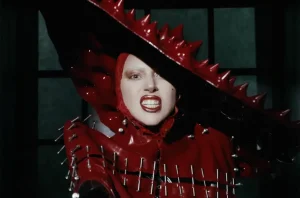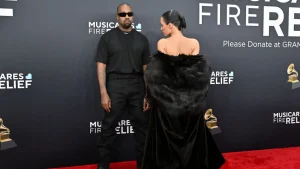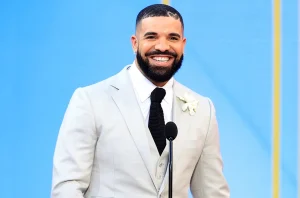
The big music labels are trying to stop AI programs from using their songs without permission. Universal Music Group, which controls about a third of all recorded music, has been asking Spotify and other streaming services to stop developers from feeding their songs to AI bots that generate new music. They’ve also been issuing lots of copyright takedown requests against AI-generated uploads online.
The music industry is worried about governments watering down copyright laws to benefit AI and tech companies. This could hurt not just music, but all creative industries like movies, photos, and literature.

AI music makers like Mubert let you type in a music style, and it spits out a generated track in that style using parts from real artists’ songs. Mubert claims to “empower creators” but doesn’t actually pay royalties to the human creators whose music it copies. They admit their audio comes from “real musicians and producers.”
Copyright law requires permission and payment to use someone else’s creative work. Spotify pays music labels and artists to put their songs on its service. So AI programs copying music without permission could mean Spotify and others get in legal trouble for enabling copyright theft, like a download site.

The UK government wants to change copyright rules to help tech companies. They proposed an exception letting AI use music catalogs as training data without permission. But over 80 responses to their consultation opposed this, saying it’s a bad idea. While a few exceptions to copyright exist, like criticism and review, experts say this proposal goes too far.
The government seems conflicted. Despite backing away from the proposal, a recent policy paper emphasizes making the UK friendly for AI, but ignores threats to intellectual property. Japan and Singapore are considering similar copyright exceptions. But the US and EU have no such proposals.

Whether we support tech or human creativity likely comes down to whether we think creativity deserves protection. The UK’s creative industries contribute £109 billion to the economy annually. Music offers more than economics – it provides comfort, health benefits, and inspires social change. Creators deserve fair rewards, whether they compose music directly or provide material AI repurposes. Copyright law exists to ensure fair payment, and creative work deserves protection for the value it brings to the world.






